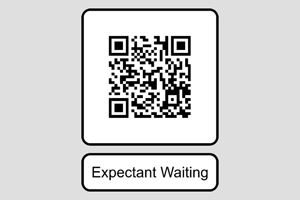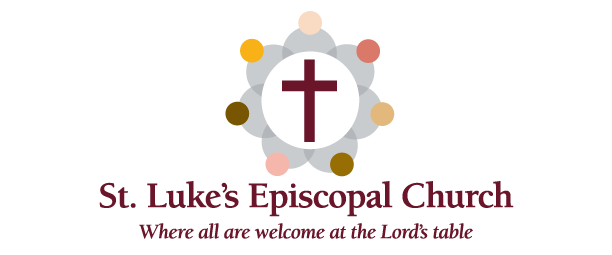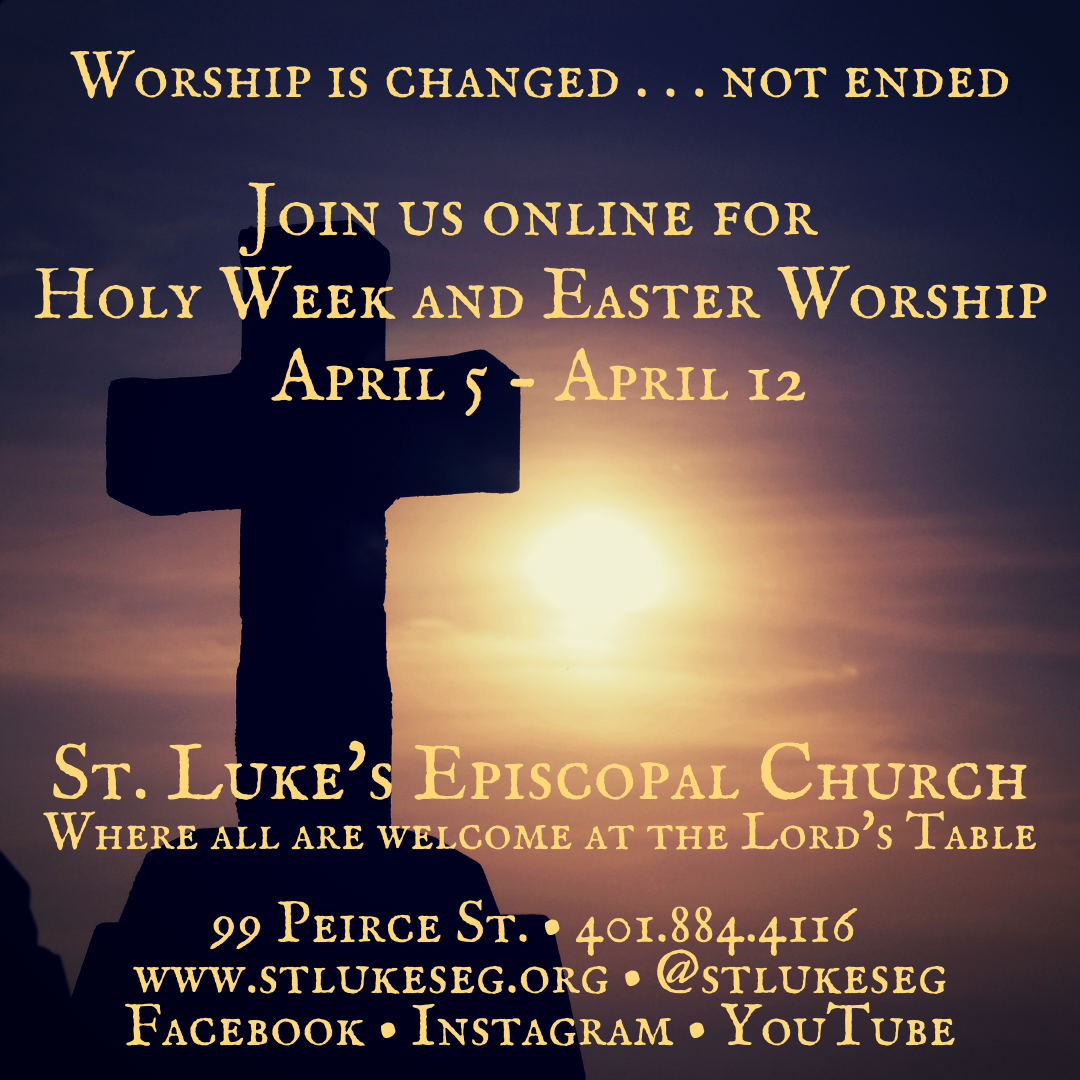Home > Advent Blog 2024
Expectant Waiting
December 10, 2024

Isaiah 5:13-17, 24-25| 1 Thessalonians 5:12-28| Luke 21:29-38
I know that change is inevitable and often welcomed, but it seems to me that the number of changes and the pace at which they are occurring has increased dramatically in the past couple of years. We have an abbondanza of change taking place all around us, and who doesn’t feel just the least bit anxious. Is artificial intelligence actually writing this blog? Have you downloaded the latest Advent App? (don’t forget to update your password!) Our climate is changing around us and we await a change in the leadership of our federal government. And while Covid has become a crossword answer, many small businesses and individuals are still trying to recover economically from the pandemic. In our own faith community, we are in the middle of a gracious and thoughtful search for a new rector.
Coping with change requires skills, but as the magnitude and the pace of the change increases, our coping skills may be tested. Maybe there are some intentional things we can do – take a step back and find some time for quiet reflection. Welcome Advent! The candles on our Advent wreath represent the themes of hope, peace, joy and love. Inspired by these themes, we are invited to take time for prayer and reflection as we enter a period of expectant waiting. I think it’s important that we engage our imaginations and consider new possibilities. Prayer may offer insight or peace – or even a way to vent our frustrations to a patient and loving God.
Scripture may also provide some insight. The theme of the scripture lessons assigned for today has a hint of the eschatological – end-times, or what or what are your plans for eternity. But that’s a little too heavy a lift for me right now. I’ll be happy just to get to the first week of January. But in terms of supplementing our coping skills, I find hope in Paul’s 1st Letter to the Thessalonians, which offers some caring and useful advice:
Be at peace among yourselves. And we urge you, beloved, to admonish the idlers, encourage the faint-hearted, help the weak, be patient with all of them. See that none of you repays evil for evil, but always seek to do good to one another and to all. Rejoice always, pray without ceasing, give thanks in all circumstances; for this is the will of God in Christ Jesus for you.
Biblical scholars believe that the 1st Letter to the Thessalonians is the earliest of all the discovered letters of Paul and may be the first recorded Christian document, written in approximately 51 AD. The letter gives insight into the early church. If you want to talk about changes and associated challenges, consider what it was like to be a Christian in Thessalonica in the first century. Paul was forced to leave his missionary work in Thessalonica after only a few months and he was unsure how the fledgling Christian community was faring in the midst of hostile political, religious and cultural forces (talk about being in transition…). Paul’s travelling companion Timothy was able to return to provide a status report; the community was at peace and remained steadfast in the faith. Paul’s letter includes teaching, but it also demonstrates his genuine loving care and concern for this new Christian community.
We at St. Luke’s are blessed to be a part of a remarkable Christian community which remains steadfast in faith, always embracing the Advent themes of hope, peace, joy and love, but which also stand with those who suffer hunger, loneliness, loss, pain or sorrow. In the midst of change and challenges, we remain the Body of Christ. Our experiences are enriched when we share them with a loving community. In the words of the Letter to the Colossians: “Let the peace of God rule in your hearts, to which also you were called in one body; and be thankful.”
Paul Brookes
We are so pleased you have joined us online at St. Luke’s. And, we invite you to make a Special Christmas Gift Offering to help us continue our outreach efforts.


